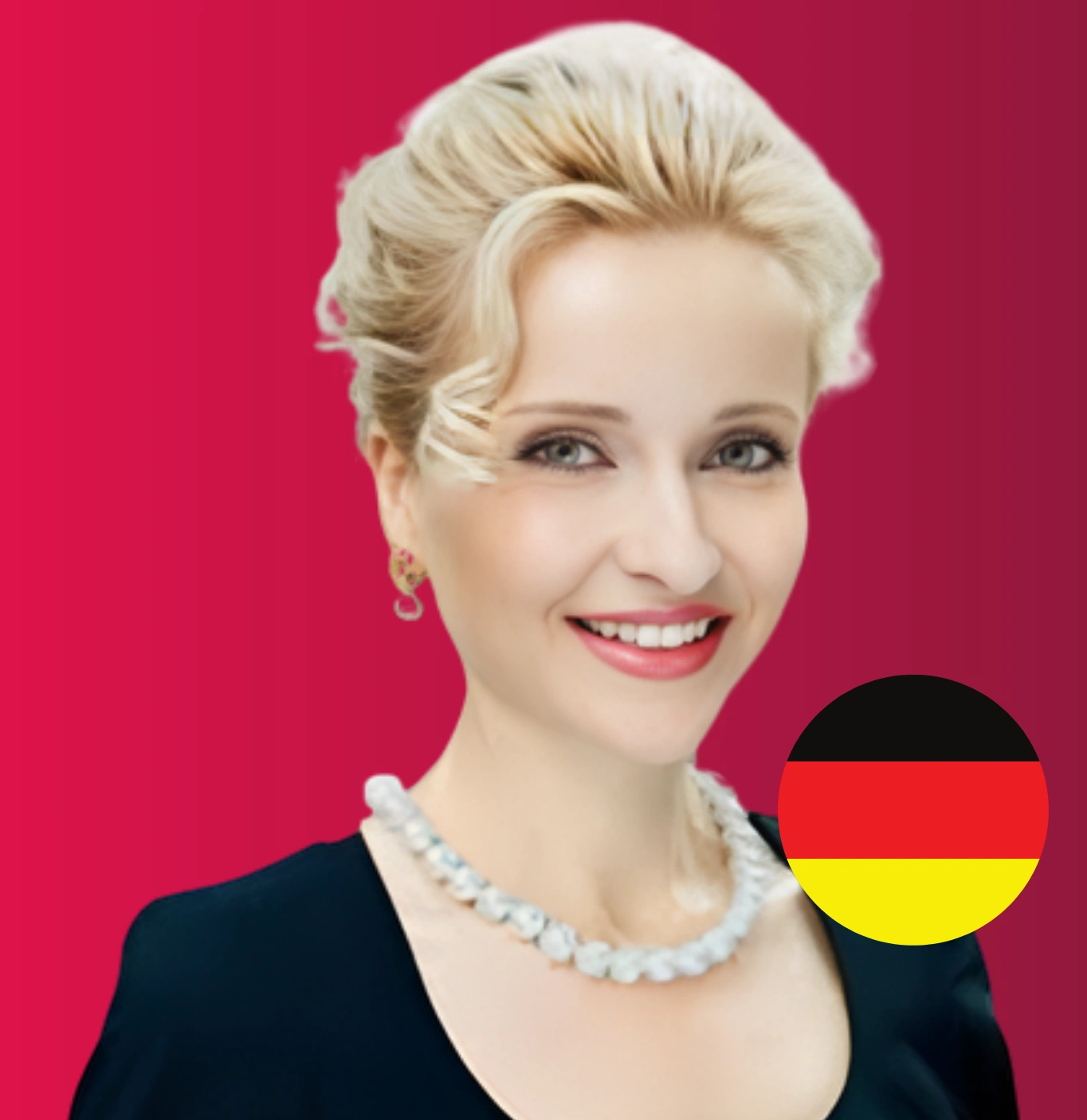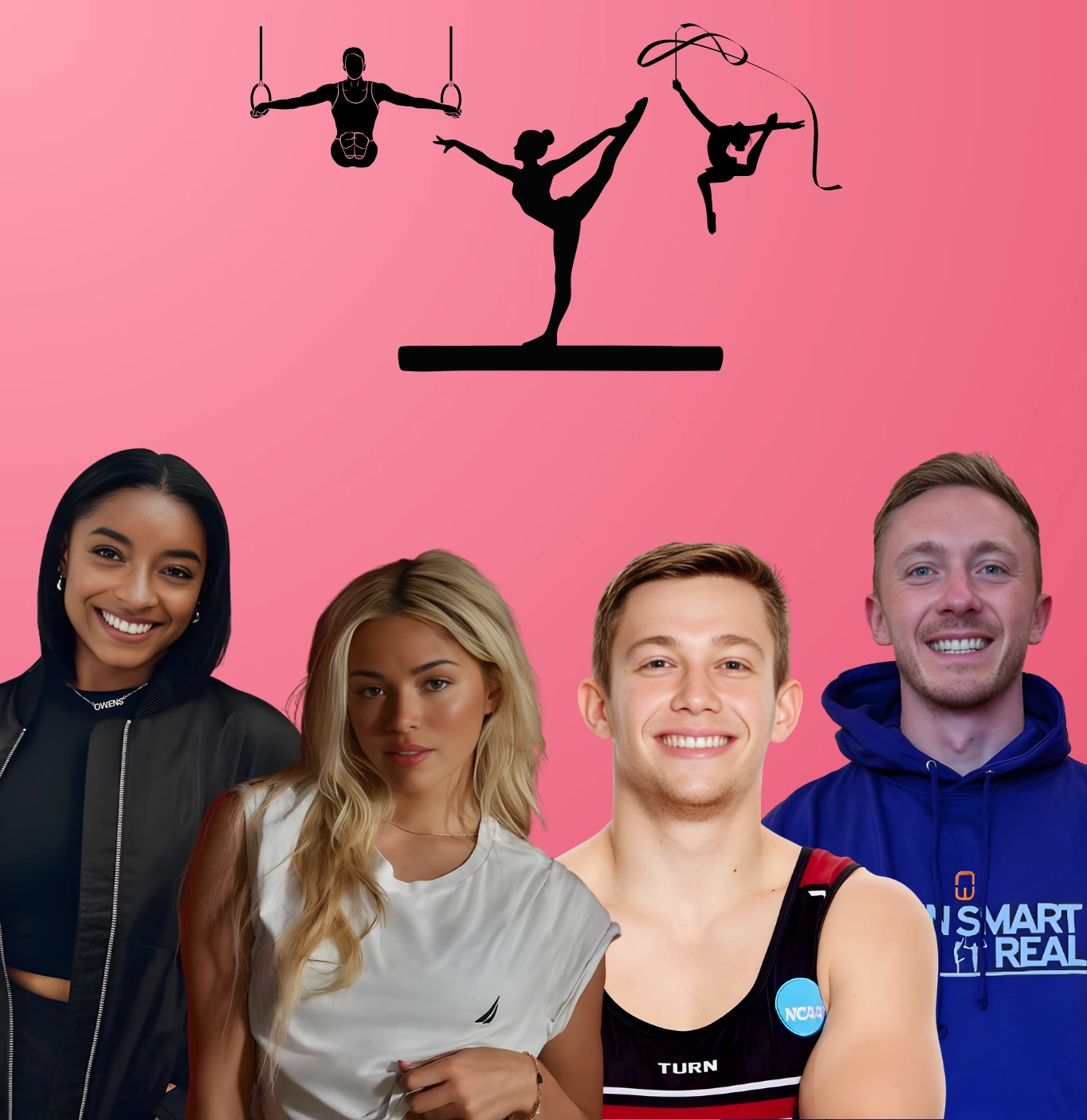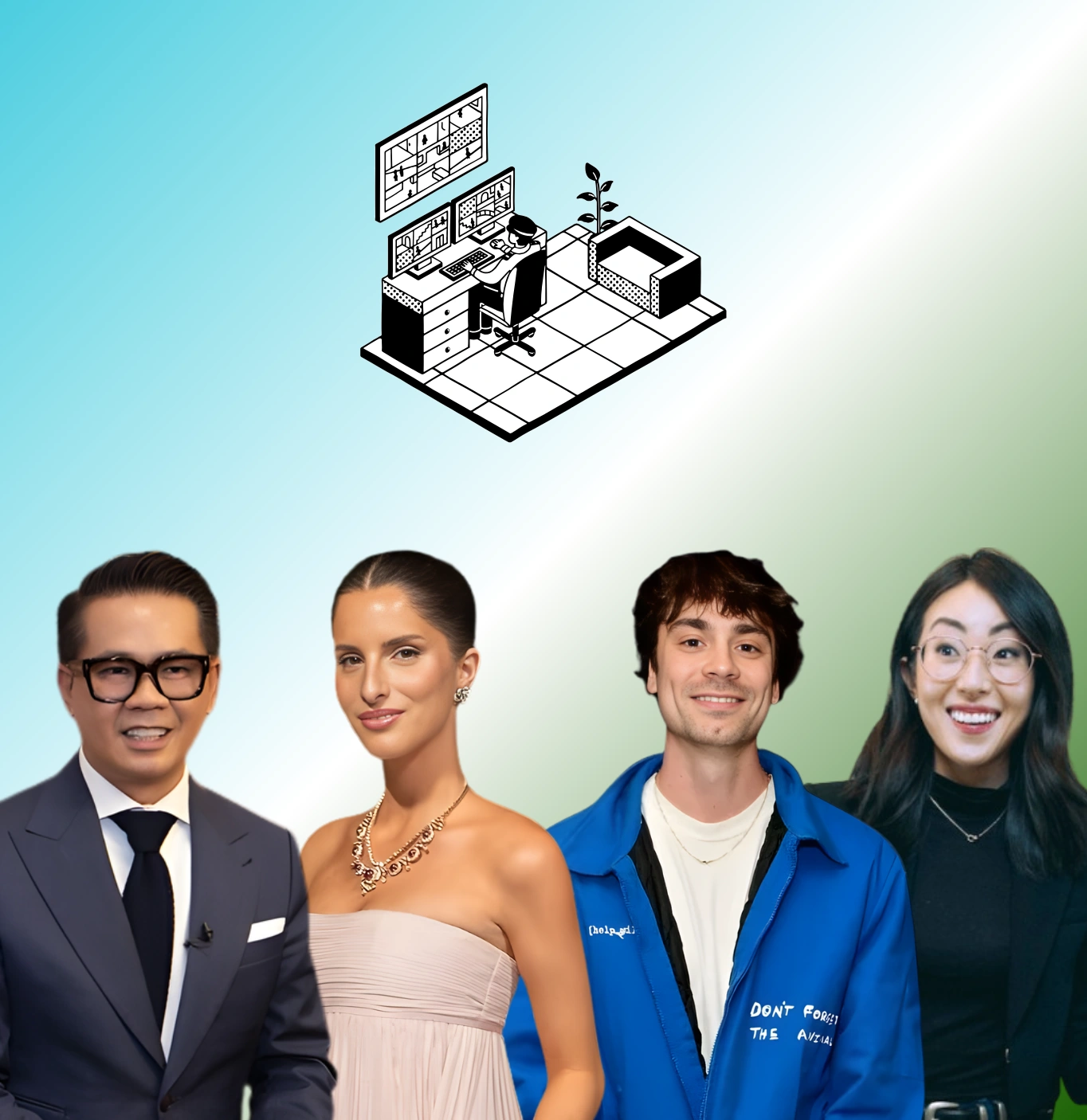Blog & Articles
Your ultimate ressource for the creator economy
Methodology & Rankings
About Favikon, rankings, tools & much more.
Insights
The recipe behind Favikon's viral & coveted rankings.
Free tools to power your influencer marketing workflows.
See Favikon users' success stories.
Get access to all Favikon rankings.
Become a Partner
Become an Affiliate
About the team behind Favikon
The place to talk creator economy, together


Featured Rankings

Here is the Top 50 Rising Video Creators on LinkedIn. Video is quickly becoming the platform’s most powerful format, with creators gaining more reach and engagement than ever. As Gen Z grows its presence and tools like BrandLink and Thought Leader Ads support content creation, LinkedIn is doubling down on video. This ranking, made in partnership with OpusClip, celebrates the creators leading this shift and aims to inspire anyone ready to start sharing through video.

Here is the Top 50 Rising Video Creators on LinkedIn. Video is quickly becoming the platform’s most powerful format, with creators gaining more reach and engagement than ever. As Gen Z grows its presence and tools like BrandLink and Thought Leader Ads support content creation, LinkedIn is doubling down on video. This ranking, made in partnership with OpusClip, celebrates the creators leading this shift and aims to inspire anyone ready to start sharing through video.
Who is Farah Farouque?
Farah Farouque shows up for communities with warmth and clear purpose. She leads with local knowledge and a knack for turning conversations into action.
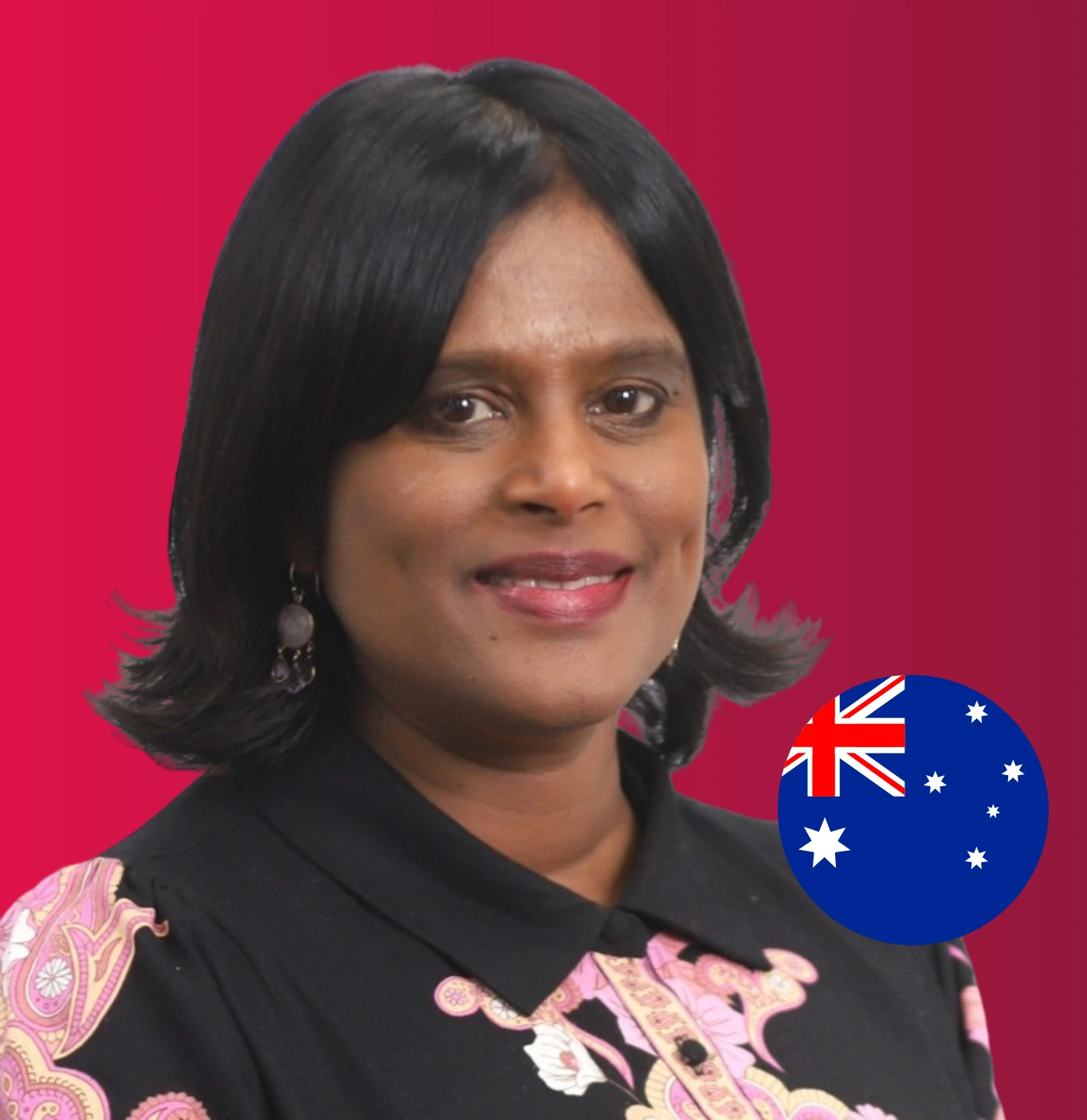
.png)

Elena Freeman designs partnerships and events at Favikon. She cares about building spaces where creators, brands, and ideas meet in ways that feel real and memorable. From partner programs to community gatherings, she focuses on making connections that spark collaboration and professional growth.
Check Brand Deals
Farah Farouque: A Practical voice for multicultural communities
Farah Farouque shows up for communities with warmth and clear purpose. She leads with local knowledge and a knack for turning conversations into action. Her posts mix community moments, policy perspective, and practical advocacy. People follow her for grounded leadership and steady, people-first insight.
1. Who she is
Farah Farouque is CEO of the Ethnic Communities’ Council of Victoria and a long standing advocate for multicultural communities in Australia. Her background blends community organising, policy engagement, and leadership in non profit settings. She represents cultural groups in public debates and works directly with service providers and government to improve inclusion. Farah regularly appears at community events, media briefings, and policy forums where she brings local voices into institutional rooms. Her approach is practical: highlight issues, propose realistic fixes, and mobilise people to act.
2. A Network of Heavyweights
Farah’s network sits at the crossroads of community leaders, policymakers, and media. She connects with cultural associations, local government actors, broadcasters, and civil society partners. Her reach is strongest within Victoria’s multicultural sector, and she is a recognised voice among national community networks and advocacy groups. That network gives her credibility when she raises concerns about integration, services, or media coverage.

3. Why people listen
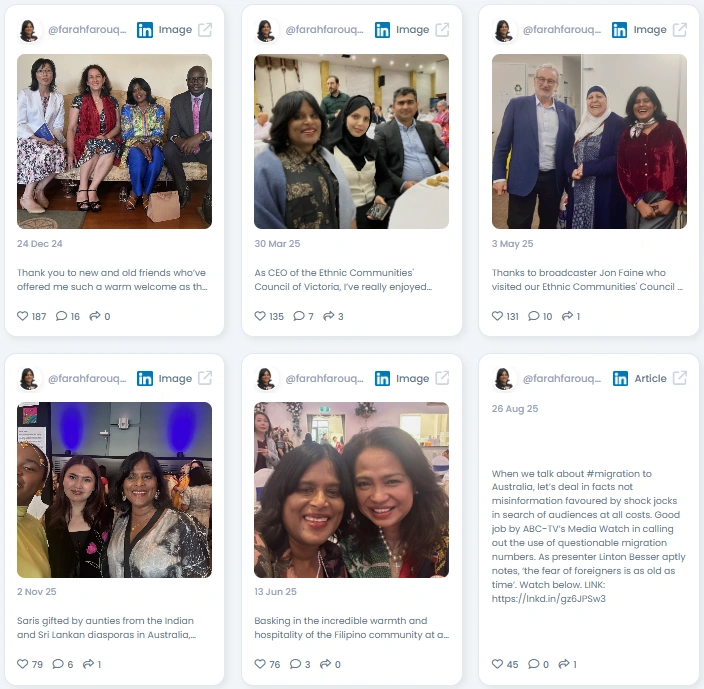
Farah speaks plainly and focuses on concrete outcomes. Her posts feature event photos, community gatherings, and clear summaries of policy issues. She uses real examples and named partnerships rather than abstract statements. Audiences engage because her messages are relatable, demonstrably connected to real people, and tied to tangible community work.
4. Authenticity that resonates
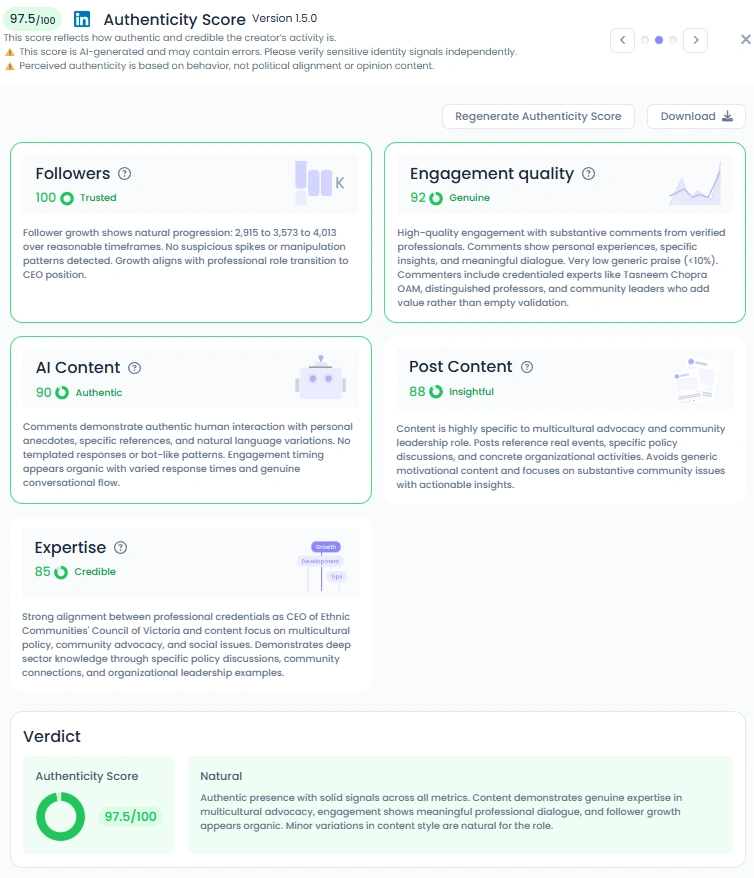
Favikon gives Farah a 97.5/100 Authenticity Score, and her content shows why. Her timeline includes on-the-ground photos, meetings with community members, and informed articles about migration and inclusion. Comments come from verified community leaders and sector experts, not just casual praise. That mix of visible action and genuine dialogue makes her presence feel trustworthy and rooted.
5. Numbers that back it up

Farah’s follower count has grown steadily from about 2,915 to 4,013, reflecting a measured, professional rise as she moved into leadership roles. Her influence score sits at 3,098 points and she ranks strongly within Australia for her category. Engagement quality is rated Genuine with meaningful comments and low generic praise. Posting rhythm focuses on events, commentary, and media pieces that spark community discussion.
6. Collaborations that matter
Farah partners with local councils, multicultural organisations, and media outlets to advance community priorities. She supports community events, public forums, and policy roundtables, and she often works with broadcasters and civil society groups to amplify multicultural perspectives. These collaborations convert visibility into practical programs and policy input.
7. Why brands should partner with Farah Farouque
Working with Farah is valuable for organisations who want authentic connections to multicultural communities and credible public engagement.
- Community consultation series that inform product or service design for diverse audiences
- Public forums or panel events exploring migration, inclusion, and local services
- Co-created content highlighting community impact and organisational partnerships
- Training or workshops for organisations on culturally informed engagement
8. What causes she defends

Farah champions Refugees Welcome, Community Engagement, and Women in Tech / STEM. She actively promotes fair treatment for refugees and migrants, practical support services, and stronger local participation in civic life. Her posts call out misleading media narratives and push for evidence based discussion on migration and inclusion. She also highlights initiatives that support women from multicultural backgrounds to access education and careers in STEM.
9. Why Farah Farouque is relevant in 2026
Local leadership and trusted community intermediaries are more important than ever as governments and services navigate social change. Farah’s combination of grassroots credibility and policy fluency positions her to influence how multicultural communities are seen and served. As public debate over migration and inclusion continues, her voice helps translate community needs into workable solutions.
Conclusion: A Community Builder Who Shows Up
Farah Farouque blends empathy with practical action. She represents people who often lack a direct seat at decision making tables and she knows how to use media and partnerships to change that. For organisations seeking genuine community connections and responsible public engagement, Farah is a steady and effective partner. Her leadership is built on relationships, results, and consistent, people-first advocacy.
Related Articles
See all the articlesResources











.png)



